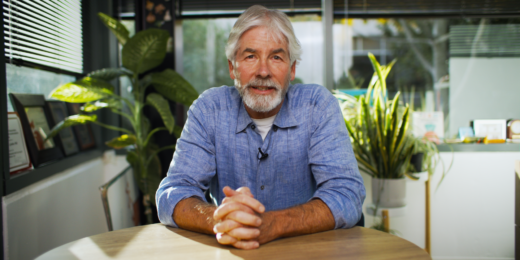One challenge of caring for children with autism is that medications don't exist to treat the disorder's core features of social impairment and restricted, repetitive behaviors. But a team of Stanford researchers is working to change that.
A new story I wrote for Stanford Medicine magazine describes how neuroscientists Karen Parker, PhD, and Antonio Hardan, MD, are working to understand the intertwined roles of two hormones that affect social behavior. As part of this research, Hardan and Parker have conducted small clinical trials of both hormones, oxytocin and vasopressin, to see whether they are useful medications for children with autism.
The scientists' pilot data suggests that giving oxytocin and may help some kids with autism. In my story, one father describes what happened during his son's participation in the vasopressin trial:
"When he had the real vasopressin, it was stunning -- the difference in the amount of eye contact he would make and the initiative he would take," Jacob Walker said. "The thing that shocked the crap out of me was when he walked up and randomly talked to someone at Safeway. I have never seen that from him, except during that month."
The Walkers' experience mirrors the trial results: Compared with children in the placebo group, those receiving vasopressin had more gains in social behavior. They also had less anxiety and fewer repetitive behaviors.
"We saw this across multiple measures independently," Parker said. "It is really compelling."
(Members of the Walker family are identified by pseudonyms.)
The pilot trial of oxytocin also showed promise: The scientists found that this hormone may be helpful for some, though not all, kids with autism. Scientists at other institutions are testing whether the finding can be replicated in a larger group of children.
Now, the Stanford scientists are working to extend their understanding of what vasopressin is doing:
The researchers are cautiously optimistic about vasopressin's future as an autism therapy. "We might finally, hopefully, have an agent that will target these core features that are very hard to treat," Hardan said. "But at the same time, we have to be careful not to get too excited before we finish the larger trial that we are currently conducting."
Photo by Brian Smale




